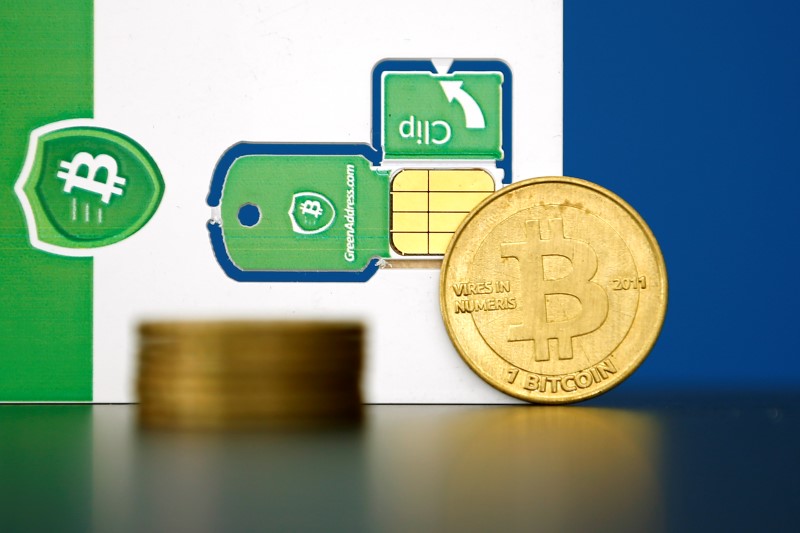Benzinga - Famous for authoring "Rich Dad Poor Dad" in the 1990s, Robert Kiyosaki has recently become a strong advocate for Bitcoin. He is a fan of the deflationary characteristics of the token, as well as other assets such as gold and silver. Kiyosaki deepened his stance after recent events involving the Federal Reserve and chair Jerome Powell.
In a post on X, Kiyosaki said, "Fed Chairman Powell finally told the truth. Last week he finally admitted inflation is winning. The Fed can no longer promise inflation at 2% or that inflation is "transitory." Again he finally stopped lying. Congratulations. The problem is most people have no idea what the Fed Chairman admitted means to them or their families or to the world. In my simple language it means ‘We're F'd.'"
Don't Miss:
- If you invested $100 in DOGE when Elon Musk first tweeted about it in 2019, here’s how much you’d have today.
- About 22% of the adult population in the U.S. own a share of Bitcoin, how much would $10 get you today?
Kiyosaki is likely referring to a speech Powell gave at Stanford University, noting that inflation is "moving down toward 2% on a sometimes bumpy path," after sticky inflation data in January and February 2024. However, Kiyosaki is likely taking some of Powell's comments out of context; the Fed chair never said that they cannot promise inflation at 2%.
Janet Yellen, the previous Fed chair and the current Treasury Secretary, did admit that she regrets "saying [inflation] was transitory" back in 2021.
While Kiyosaki may be exaggerating Powell's claims, the underlying logic is that central banks abuse their power in terms of printing money to bolster the economy: "The dollar has lost 95% of its purchasing power since 1913 the year the Fed and IRS were formed," Kiyosaki wrote.
Holding money in the form of cash could result in the loss of purchasing power from inflation. However, Kiyosaki is a "real money advocate, and [he] only save[s] real gold, silver and Bitcoin."
Unlike central banks, which are controlled by people with different incentives, Bitcoin, gold and silver have limited supplies, which allows them to store value over time.
Bitcoin functions as an example of an asset with deflationary characteristics. The supply of Bitcoin is capped at 21 million tokens, and a small number of new tokens are released into the supply. Additionally, the number of new tokens released is halved approximately every 4 years; the next halving is expected to occur around April 20.
This means that the supply is limited and can be projected into the future. Without human interference with the supply, the token could gain value against the dollar, which is what has happened at times over the past decade.
While Kiyosaki's view of the Federal Reserve may not be entirely accurate, the idea that certain assets can perform well during times of high inflation is largely correct. With inflation seemingly nearing the Fed's 2% target, it will be interesting to see how the Fed's policy decisions impact the price of Bitcoin going forward.
Read Next:
- Bitcoin jumped 45% this year — how much would you need to get started today?
- Bitcoin to $100,000? Here’s what gold bug Peter Schiff said could happen on Anthony Pompliano’s podcast.
© 2024 Benzinga.com. Benzinga does not provide investment advice. All rights reserved.
